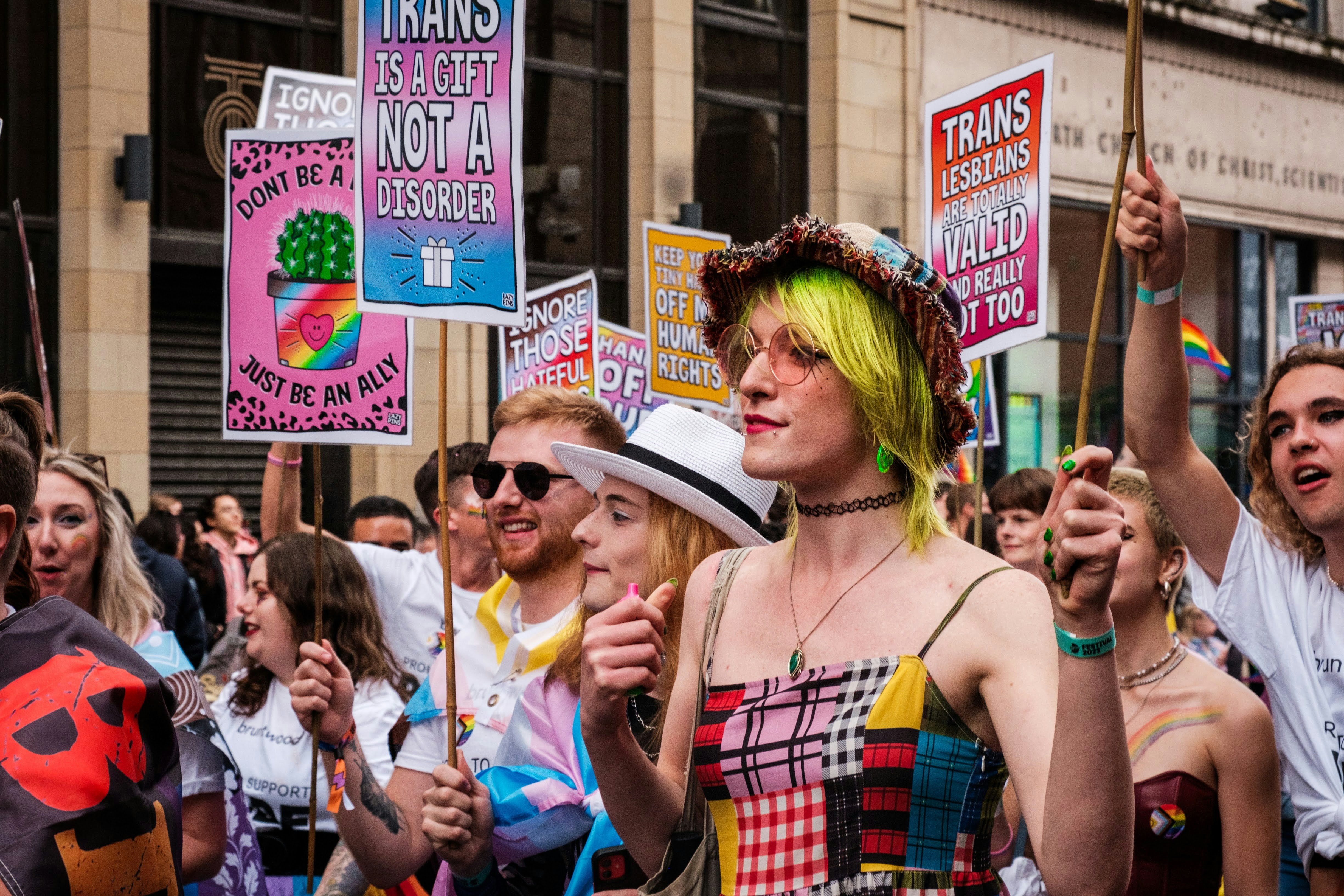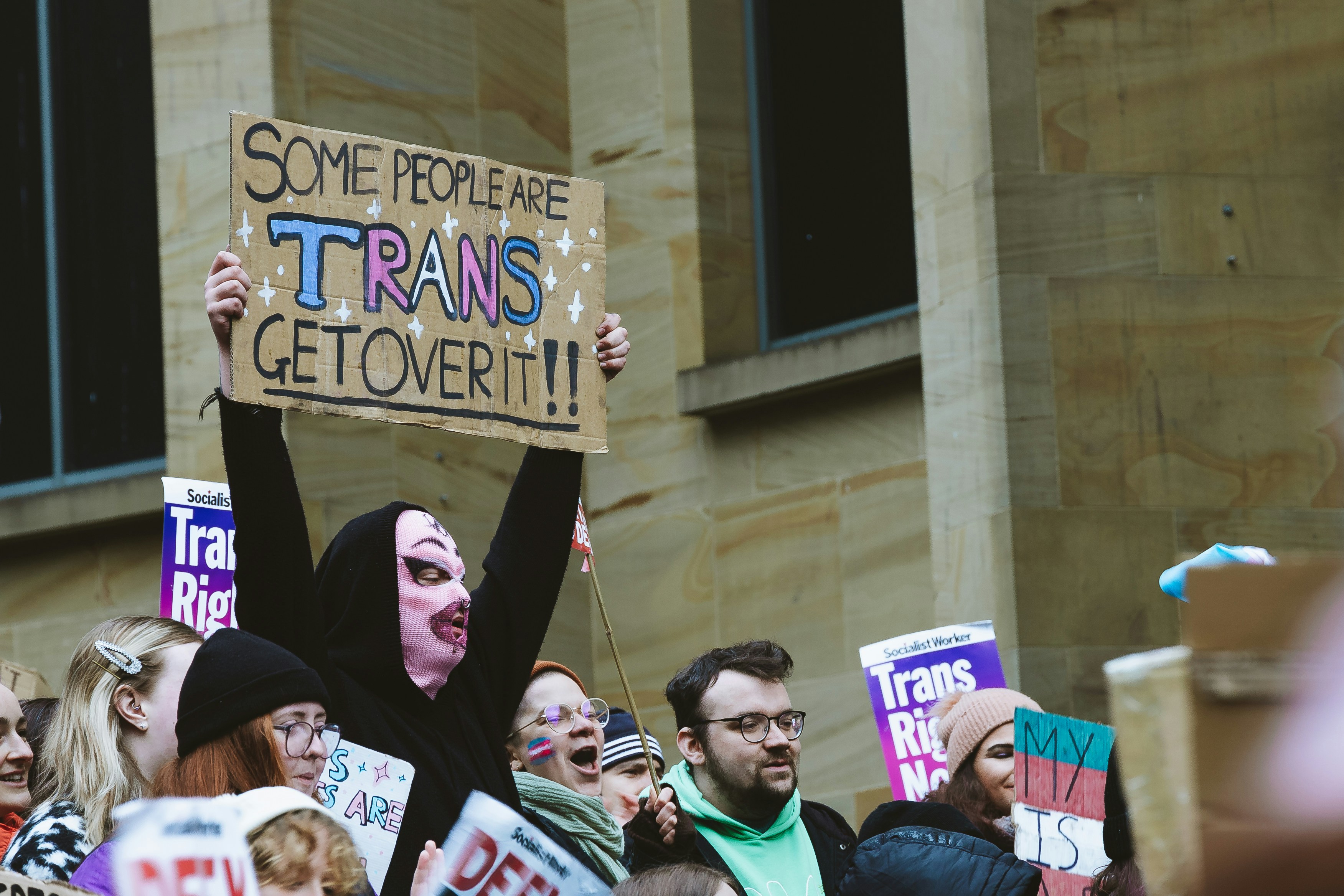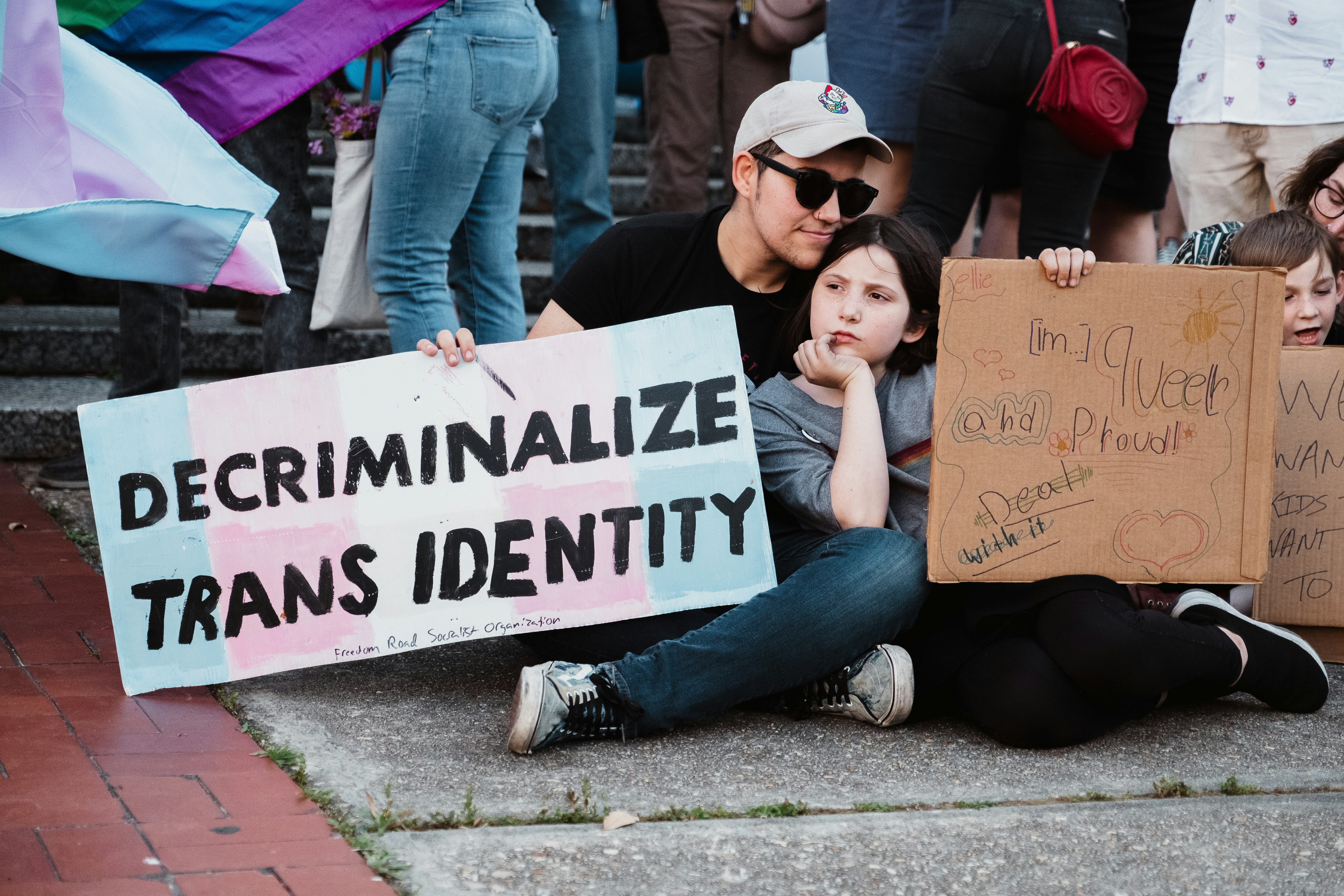Defining Detransition: What It Means and Why It Happens
Detransition refers to the process through which individuals who have previously transitioned away from their assigned gender at birth return to their original gender identity. This process can encompass a range of actions, including reducing or stopping hormone therapies, reversing surgical procedures, or living as a member of their assigned gender. The journeys of detransitioners are diverse, reflecting a variety of personal circumstances and motivations. It is crucial to acknowledge that detransition is not a homogeneous experience; rather, it is shaped by a multitude of factors, including individual identity, societal expectations, and various health-related concerns.
One prominent reason individuals may choose to detransition revolves around the evolution of their self-identity. As individuals grow and mature, their understanding of themselves can change significantly, leading to newfound reflections on their gender identity. For some, this can result in a realization that their initial decision to transition does not align with their true selves. Furthermore, societal pressures and the desire for acceptance can also play pivotal roles in this decision. In a world that can sometimes be intolerant of non-conformity, individuals may feel compelled to conform to traditional gender norms, leading a subset to detransition as a means of seeking societal approval or fitting in.
Health-related concerns represent another complex aspect of the detransition experience. Some individuals may encounter adverse health effects from hormone therapies or surgical procedures, prompting them to reconsider their transition. In such cases, the process of detransition could partially be driven by a need for improved health or quality of life. The intricate nature of these decisions underlines the importance of understanding and supporting every individual’s unique journey. Highlighting detransitioners’ narratives fosters an environment of respect and validation, ensuring that their experiences are recognized and valued in discussions surrounding gender identity.
The Experiences of Detransitioners: Validating Their Journeys
The journey of detransitioners is profoundly personal and often marked by a complex interplay of emotions and societal responses. Many individuals who choose to detransition report feelings of confusion, regret, and a longing for understanding. These feelings can stem from a variety of factors, including dissatisfaction with previous choices, shifts in identity, and the challenge of reintegrating into society. Each narrative sheds light on the unique challenges faced, emphasizing the necessity for validation within both transgender and cisgender communities.
For numerous detransitioners, the initial steps towards changing their gender identity can initially feel liberating. However, this sense of freedom may sometimes be followed by profound internal conflict. As these individuals navigate their emotions, they often encounter societal judgment that intensifies their struggles. This judgment can come from peers, family, or even broader societal perceptions, creating an environment that is less than supportive. Consequently, many detransitioners crave acceptance and understanding, hoping their experiences will be acknowledged rather than dismissed.
The emotional journey of detransition can also encompass a feeling of loss—not just of an identity but of the community that once felt like a refuge. Many detransitioners express difficulty reconciling their past experiences with their current realities, which can lead to isolation. The need for respect and validation becomes paramount, as these individuals deserve acknowledgment of their feelings and experiences without prejudice. It is essential to recognize that detransitioners are not wholly defined by their past decisions; rather, they represent a spectrum of identities that can evolve over time.
Sharing the stories of detransitioners is crucial in fostering understanding and empathy. By illuminating their experiences, we create space for dialogue that honors their journeys, inviting society to engage with these narratives in a respectful and open-minded manner.
Respectful Dialogue: Bridging the Gap Between Communities
Creating a respectful dialogue between transgender individuals, detransitioners, and the broader cisgender community is essential for fostering understanding and reducing stigma. Recognizing the complexity of gender identity, it is crucial to approach conversations with empathy and an open mind. By actively listening to the experiences of detransitioners, we can begin to dismantle misconceptions that often overshadow their narratives. The voices of detransitioners are significant, and acknowledging their perspective contributes to a holistic understanding of gender identity.
Empathy plays a pivotal role in overcoming barriers that separate these communities. Individuals may hold preconceived notions about each other based on limited exposure or media portrayals, which can perpetuate mistrust and misunderstanding. Engaging in conversations grounded in respect allows participants to share their stories and challenges, thus humanizing the experiences that are often reduced to statistics. Encouraging questions and expressing curiosity about different experiences can foster a richer dialogue, making it possible for individuals to relate to one another on a more personal level.
Constructive conversations can be facilitated through various methods, such as community forums, support groups, and educational workshops. These gatherings should prioritize safe spaces where all voices, especially those of detransitioners, are heard and respected. It is important for participants to refrain from judgment or assumption; instead, cultivating an environment where individuals feel comfortable expressing their feelings and experiences can lead to productive discussions. Sharing resources, literature, and personal accounts is beneficial in promoting a deeper understanding of the diverse narratives within the transgender experience.
Ultimately, bridging the gap between these communities hinges on mutual respect and a commitment to understanding. By encouraging empathy and respectful dialogue, we can work towards reducing the stigma surrounding detransitioning and create a more inclusive environment for all individuals to explore and express their identities.
Advocacy and Support: Building Inclusive Spaces for Detransitioners
The journey of gender identity is often complex and deeply personal. Many individuals who once identified as transgender may later choose to detransition, a decision that is frequently met with misunderstanding and stigma. Therefore, it becomes imperative to advocate for and establish support systems that cater specifically to detransitioners, ensuring that they are respected and acknowledged within both the transgender and cisgender communities. Creating inclusive spaces is not just a matter of physical accessibility; it is about fostering an environment where detransitioners can share their experiences without fear of judgment or dismissal.
Various organizations have begun to recognize the unique challenges faced by detransitioners, offering resources and support that validate their experiences. These groups strive to provide safe havens where individuals can explore their identities and find community without the pressures of societal expectations. Support not only encompasses mental health resources but also practical assistance, such as healthcare and legal guidance, tailored specifically to the needs of those who have detransitioned.
Moreover, advocacy efforts must aim to educate both the transgender and cisgender communities about the realities of detransition. Misunderstanding can lead to further marginalization, highlighting the need for open dialogue and education. Curricula and training programs focusing on gender diversity and detransition should be developed to enhance awareness and understanding. Such initiatives can empower individuals to embrace their experiences, facilitating acceptance and appreciation for all gender journeys.
In conclusion, building inclusive spaces for detransitioners is essential for the acknowledgment of their experiences and rights. By supporting advocacy efforts and developing resources tailored for this community, we can create an environment that respects all gender identities. Ultimately, recognizing the validity of detransitioners contributes to a richer conversation about gender and identity, fostering compassion and understanding across all communities.









Leave a Reply
You must be logged in to post a comment.